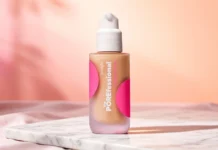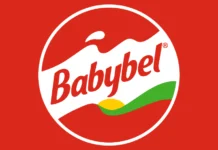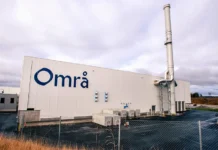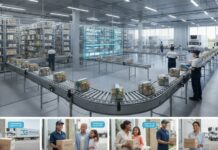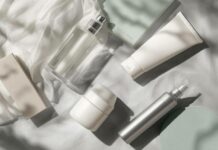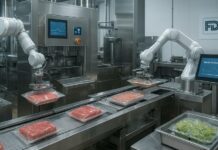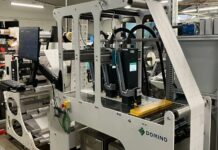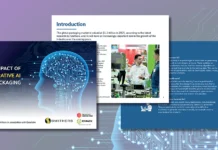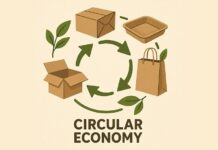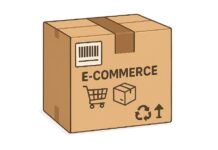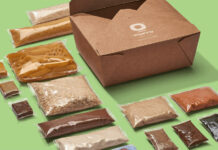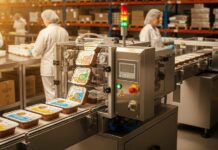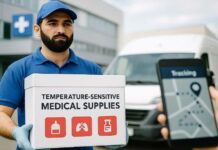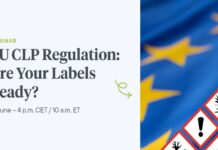The Carlsberg Group has announced the testing of its new Fibre Bottle, placing the bio-based and entirely recyclable beer bottle in the hands of the consumer for the first time in its largest pilot to date. The bottle also contains beer made using organic and regenerable barley as part of an ongoing focus on advancing technology and sustainable practises. In eight Western European markets—Denmark, Sweden, Norway, Finland, the United Kingdom, Poland, Germany, and France—8,000 Fibre Bottles will be sampled as part of the pilot, which is essential to advancing Carlsberg’s goal of making the beer bottle a market reality. Through selected events and marquee events, as well as focused product samplings, the bottles will be distributed to local consumers, clients, and other stakeholders.
By conducting testing on this scale, Carlsberg will have the chance to learn about consumers’ opinions of the beverage, which will help with future design. The Fibre Bottle’s plant-based PEF polymer lining, which was created by Carlsberg’s partner Avantium, a recognised authority in renewable chemistry, represents an important milestone. PEF can decay into nature should it wind up outside of national recycling systems, is consistent with plastic recycling programs, and is made purely from natural raw materials.
Beyond its advantages for ecological packaging, PEF works as an extremely effective boundary between the beer and the fibre outer shell, preserving the flavour and fizz of the beer more effectively than traditional PET plastic made from fossil fuels. The Paboco packaging company makes the bottle’s outer shell using wood fibre that is derived from sustainable materials and is also biodegradable. Compared to cans or glass bottles, this shell has the extra advantage of being insulative, which can help keep beer cooler for longer.
They are thrilled to put the new Fibre Bottle in the hands of consumers and give them the opportunity to experience it for themselves, says VP Group Development at Carlsberg, Stephane Munch. This pilot programme will have a bigger impact by testing the mass manufacture, functionality, and recycling of this product. Gaining positive test results, working with suppliers, and watching the bottle being filled on the line is a fantastic achievement. Identifying and creating PEF as a capable operational barrier for beer has been one of their toughest hurdles, he adds.
With the exception of the cap, which is currently required to maintain the product’s integrity, the bottle is entirely made of biomaterials, and both the bottle and the cap are completely recyclable. The development of a universal solution is anticipated for 2023 by Paboco, Carlsberg, and other partners in the larger paper bottle community. Using this year’s consumer input and Paboco’s advancements, Carlsberg will continue production in collaboration with Avantium and Paboco to create a customised 3.0 solution that is equitably suited for primary beer packaging. In the lifecycle assessment of the product, Generation 2.0 of the Fibre Bottle currently outperforms the single-use glass bottle, and Carlsberg has even higher expectations for the upcoming Generation 3.0 design. According to current forecasts and Carlsberg’s vision, the Fibre Bottle will produce up to 80% fewer emissions than existing single-use glass bottles.
Therefore, five fibre bottles might be produced with the same carbon impact as one single-use glass bottle. Carlsberg’s ultimate goal is for the fibre bottle to have an identically low carbon footprint to the re-usable glass bottle, which now offers the best performance when reused and recycled through effective procedures. When the Fibre Bottle is widely adopted for commercial use, it will provide Carlsberg customers with more options and enhance the existing packaging like glass bottles and cans rather than replace it.
The progress reached with their innovative Fibre Bottle is testament to Carlsberg’s pioneering attitude, with a focus on developing better goods in every aspect, adds Group Sustainability Director at Carlsberg, Simon Boas Hoffmeyer. Since 2015, they have been putting a lot of effort into this project with the goal of continuing to set industry practise by reducing the environmental impact and enhancing the bottle’s functionality. Collaboration is essential, and they are eager to watch as R & D into sustainable packaging solutions now becomes the rule.
The trial comes before the global rollout of Carlsberg’s ambitious ESG programme, Together Towards Zero and Beyond. This programme will build on Carlsberg’s current sustainability practices and movement to take on new aspirations within sustainable farming and sustainable packaging, inevitably allowing Carlsberg to reduce its carbon impacts throughout the entire value chain.



